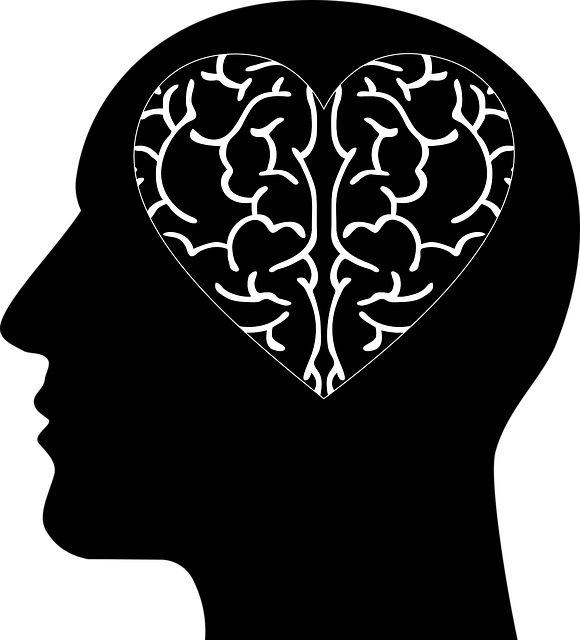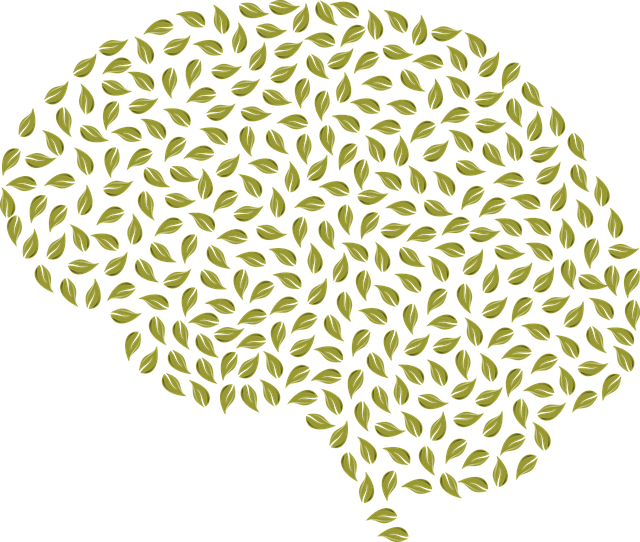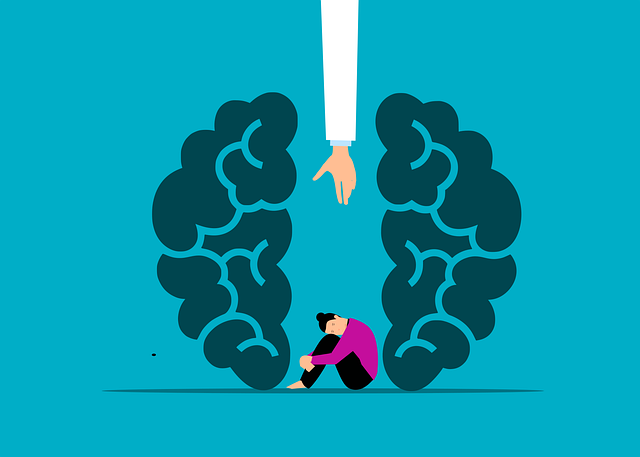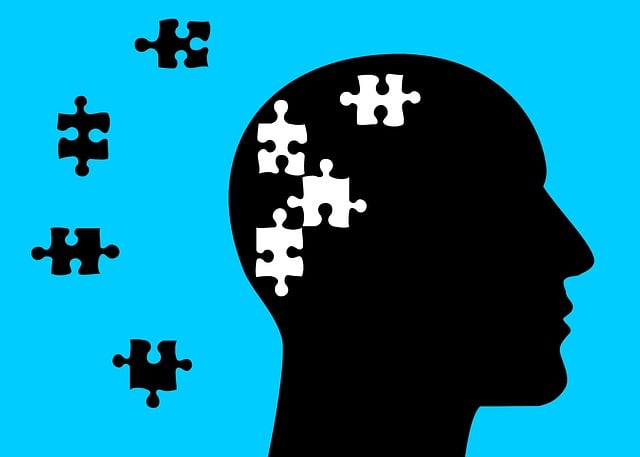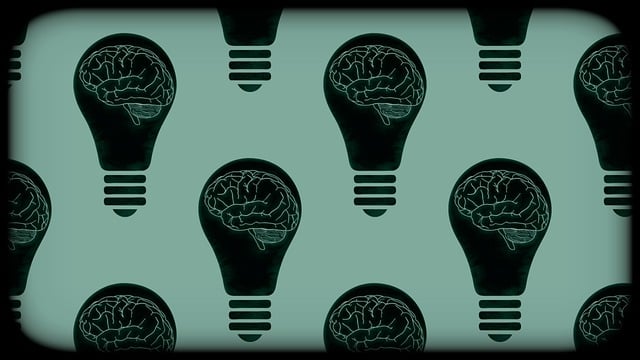Wheat Ridge Hypnosis Therapy offers a unique, holistic approach to building resilience using its RFM framework (Resources, Fortitude, Mastery). By combining hypnotherapy with exercises and cultural competency training, they empower individuals to manage stress and adversity. This tailored method incorporates self-awareness, physical activities, and mindfulness to enhance emotional well-being. Case studies show improved mental health outcomes for clients facing social anxiety, demonstrating the success of their personalized RFM programs in navigating life's challenges.
“Unleash your inner strength with Resilience-Focused Massage (RFM) and hypnotherapy—a powerful duo in the realm of Wheat Ridge Hypnosis Therapy. This comprehensive guide explores how RFM, combined with targeted exercises, enhances clients’ resilience. We delve into the science behind these techniques, their profound benefits, and practical steps for practitioners to implement them effectively. Discover how these methods transform lives, as evidenced by inspiring case studies. Empower yourself and your clients on their journey to emotional well-being.”
- Understanding RFM and Its Role in Resilience Building
- The Benefits of Incorporating Exercises into Hypnotherapy
- Selecting Appropriate Resilience-Building Activities for Clients
- Implementing RFM Techniques: A Step-by-Step Guide for Practitioners
- Case Studies: Real-World Success Stories of RFM Implementation
Understanding RFM and Its Role in Resilience Building

Resilience is a vital asset in navigating life’s challenges and stresses. Understanding RFM (Resources, Fortitude, and Mastery), as exemplified in Wheat Ridge Hypnosis Therapy’s approach, offers a structured path to building emotional regulation skills. This framework empowers individuals to enhance their self-care practices by cultivating resources within themselves and their support systems, fortifying their inner strength, and mastering coping strategies tailored to unique experiences.
By integrating RFM into self-care routines, individuals gain the tools to effectively manage stress and adversity. This involves recognizing available resources, both internal and external, fostering a sense of fortitude, and developing mastery over reactions and behaviors. Healthcare provider cultural competency training plays a crucial role in this process, ensuring that support is culturally sensitive and accessible, thereby promoting emotional well-being for diverse populations.
The Benefits of Incorporating Exercises into Hypnotherapy

Incorporating exercises into hypnotherapy offers a multifaceted approach to healing and personal growth, particularly in the context of Wheat Ridge Hypnosis Therapy. These integrated practices combine the power of hypnosis with physical activities or mental techniques designed to enhance resilience and overall well-being. By combining these methods, therapists can facilitate profound changes in their clients’ lives.
Stress Reduction Methods and Anxiety Relief are significant benefits that come from this fusion. Hypnotherapy exercises target the root causes of stress and anxiety, enabling individuals to develop self-awareness exercises that promote a sense of calm and control. This holistic method not only addresses symptoms but also empowers clients with lifelong tools for managing challenges, ultimately leading to improved mental health and enhanced quality of life.
Selecting Appropriate Resilience-Building Activities for Clients

When implementing resilience building exercises with clients at Wheat Ridge Hypnosis Therapy, it’s crucial to tailor activities to individual needs and preferences. Different approaches work best for different people, so assessing each client’s unique circumstances, goals, and personal style is essential. This might involve exploring their current coping mechanisms, identifying areas where they feel particularly vulnerable, and gauging their motivation for building inner strength.
For some, Self-Awareness Exercises can be a powerful tool to gain insights into emotional triggers and patterns, allowing them to respond more effectively to challenging situations. Others may benefit more from physical activities that promote the release of endorphins and enhance overall well-being. Incorporating both active and contemplative Resilience Building strategies, such as mindfulness practices or creative outlets, can foster a holistic approach to Inner Strength Development, empowering clients to navigate life’s hurdles with greater ease and confidence.
Implementing RFM Techniques: A Step-by-Step Guide for Practitioners

Implementing RFM (Resilience, Flexibility, and Mastery) techniques is a powerful approach for practitioners aiming to enhance clients’ emotional well-being, as exemplified by Wheat Ridge Hypnosis Therapy’s successful integration. The process begins with identifying specific areas of resilience that require development. Practitioners should involve clients in this step, encouraging them to reflect on past challenges and the coping strategies they’ve employed. This self-awareness is a cornerstone of building resilience.
Once identified, practitioners can design tailored exercises focusing on flexibility and mastery. Empathy Building Strategies play a vital role here, fostering an environment where clients feel understood and supported. These exercises might include mindfulness practices, visualization techniques, or even community outreach program implementations to promote emotional well-being. By systematically incorporating these strategies into therapy sessions, practitioners empower clients to navigate life’s challenges with enhanced resilience.
Case Studies: Real-World Success Stories of RFM Implementation

The implementation of RFM (Resilience, Flexibility, and Mindfulness) exercises has been a game-changer in various industries, including Wheat Ridge Hypnosis Therapy, where it has led to remarkable success stories. These case studies demonstrate how RFM techniques can enhance an individual’s resilience, enabling them to navigate life’s challenges with greater ease. For instance, many clients have reported significant improvements in their ability to manage stress and anxiety after incorporating mindfulness practices into their daily routines.
One such success story involves a young professional who struggled with social anxiety. Through structured Social Skills Training and positive thinking exercises, they gradually built resilience, allowing them to engage more confidently in social settings. This transformation not only improved their personal life but also positively impacted their career prospects. Moreover, these case studies highlight the importance of risk assessment for mental health professionals, ensuring that RFM programs are tailored to individual needs while mitigating potential risks.
Wheat Ridge Hypnosis Therapy offers a unique approach to building resilience through RFM (Resource, Focus, and Mastery) techniques. By integrating exercises into hypnotherapy, practitioners can empower clients to navigate life’s challenges with greater ease. The step-by-step guide provided ensures that professionals can effectively select and implement appropriate activities tailored to individual needs. Success stories highlighted in this article demonstrate the profound impact of RFM, proving it as a valuable tool for enhancing mental fortitude. Embracing these strategies can transform lives, fostering resilience and overall well-being.



